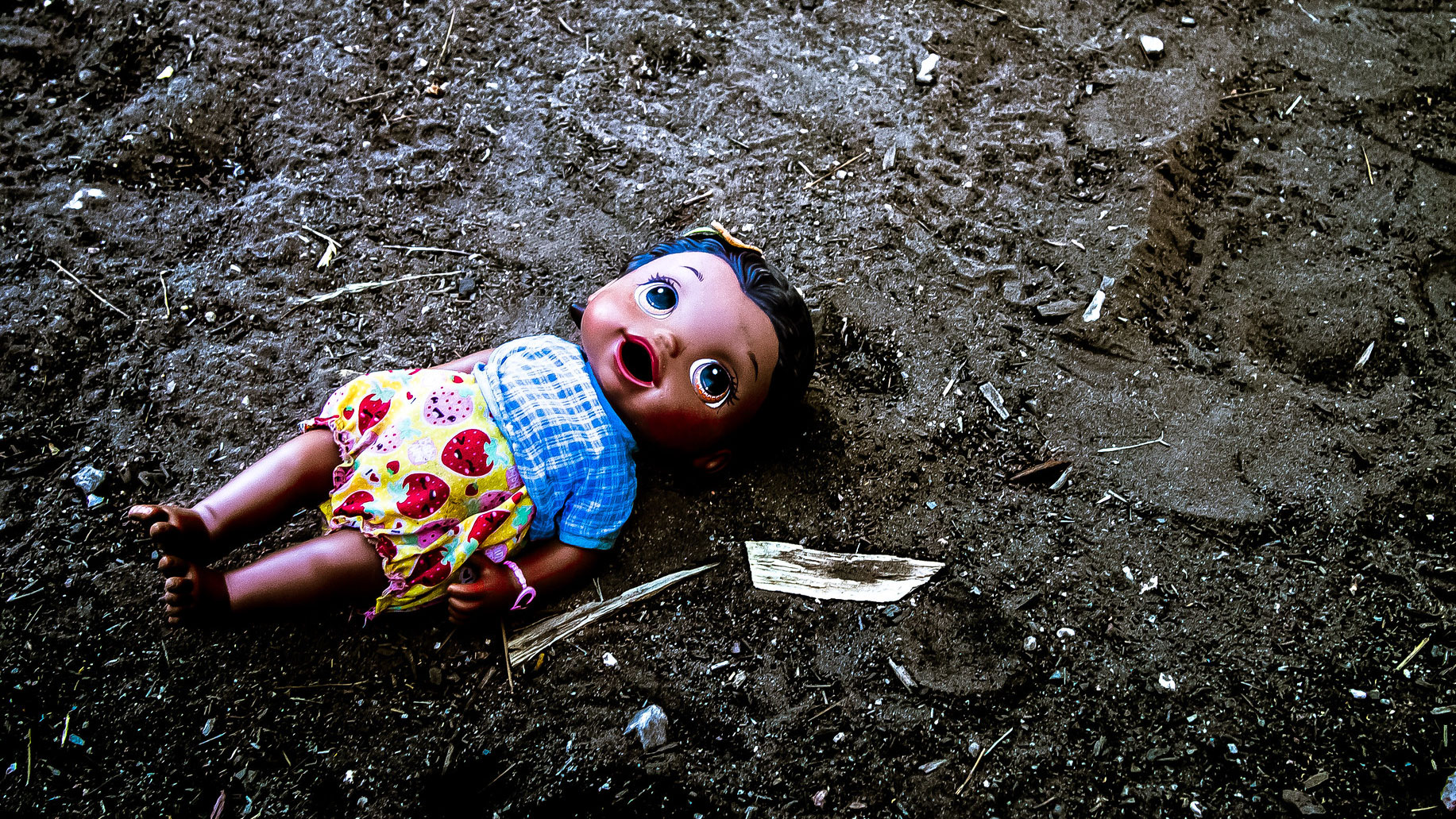Sexual abuse in international aid organisations has been running rampant for decades, what are the primary factors contributing to the issues and what is being done to address them? | Joshua Lowe
Scandals such as the Oxfam Sex Scandal and ongoing issues in the United Nations show the issues of sex abuse in international aid agencies are an ongoing problem.
Crimes like these are often thought of as being perpetrated by men with paedophilic tendencies who travel abroad where there are fewer restrictions to gain access to vulnerable people. And while there are elements of truth to it, the scale of the issue is still unknown, especially with an increasing number of female perpetrators being found.
Andrew MacLeod is a professor at King University, lawyer and a campaigner for Hear Their Cries, an organization aimed at bringing sexual abuse of children by aid workers into the public domain. He has been working over the last several years to help bring justice to those who have been impacted by these scandals.
“The scale of this is [sexual abuse] on effect many, many times larger than the Catholic Church, many times larger,” says MacLeod. “There are more aid workers than there are Catholic priests and in more countries than the Catholic Church’s, presented with better access to children, controlling things like food, water and shelter What makes us think the average aid worker is ethically any better than the average Catholic priest?”
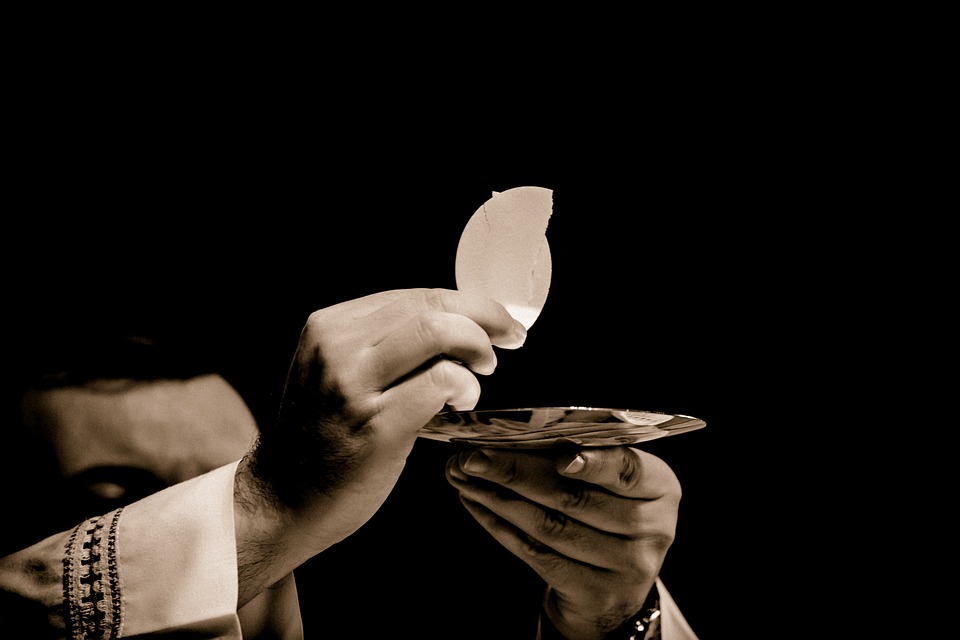
The Catholic Church scandal involved hundreds of priests across the world who were found to be assaulting children, and in a lot of cases, the leadership of the church knew about it.
“Is it a safe assumption that there are somewhere around about 21000 people in the aid industry right now with paedophilic tendencies and access to children? I reckon that’s a pretty fair assumption,” says MacLeod between sips of a double expresso. “And what do we actually meaningfully concretely doing about it right now? Sweet fuck all.”
Now you’ll have to forgive the language used by MacLeod, he describes himself as “bombastic” and with nothing but a passion for this topic along with being Australian, censoring himself isn’t really a priority for him.
How did he come to the number 21,000? Well, according to the Catholic Church child abuse inquiry in Australia, approximately 7% of Catholic clergy participated in the paedophilia.
“If you applied that rate to the aid industry and there are approximately half a million aid workers, about 300,000 are male, 7% of which is 21000,” says MacLeod.
This number, however, only accounts for male abusers. Leon Jones*, an aid worker from the UK described seeing or hearing about multiple relationships between staff at the organization he worked for and refugees who had fled Greece. Leon wanted to make it clear that as far as he knew these relationships were between legal adults, but ethically it is wrong for someone in such a position of power to be accepting romantic advances regardless of gender.
“The potential there was unrealized in the sense that we could have done some amazing things, but instead a lot of the volunteers weren’t experienced in the field,” says Leon of the organisation he worked for. “And people in the camp often kind suffered as a result of it.”
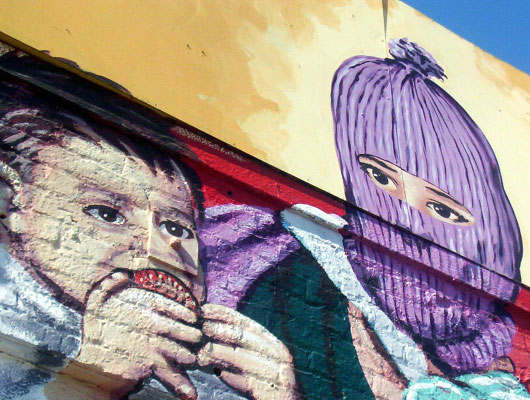
This is not a new dynamic of aid work, oftentimes in people’s eagerness to help those in need they don’t realize that they don’t actually possess the correct skills or training to be of use.
The lack of proper training volunteers get could be attributed to the staff becoming romantically involved with the recipients of their aid.
“We are conscious that the recent heightened awareness of sexual exploitation and abuse in the aid sector, has not taken place in a vacuum… The MeToo movement has brought to light the fact that sexual harassment and abuse affects any section of society in which there is an imbalance of power,” Says Asmita Naik when providing evidence to International Development Select Committee on Sexual Exploitation in the Aid Sector in 2018.
“Quite a few people knew it was going on. I was the only one to flagged that up to my boss, the woman in charge,” says Leon. This wasn’t uncommon, Leon described the issue as happening all across Greece in refugee camps and across multiple organizations. He said the male refugees were used to it and had seen it happen before.
“When I found out that all of this stuff was going on, I made sure I included the induction section in the induction based on vulnerable persons and people. You know, making sure to include volunteers shouldn’t form relationships with people living in the camp. However, once I got back to the UK, I realized that they’ve taken out again,” said Leon.
He reasoned that management did this because they didn’t feel like it was a big enough issue that needed addressing in the induction. He personally believes that the silence is their tactic to stop it happening, to just ignore the issue instead of saying outright that what was happening is wrong.
It’s not like an induction meeting is really enough to cover the intricacies in power dynamics in an aid giver vs aid recipients situation anyway, but it should be there as a minimum even just to say forming sexual relationships with desperate people is wrong.
Leon also said that the inductions themselves often varied in length and what was covered depend on who was available to do them; his presentations lasted 10 minutes while some volunteer’s lasted two hours. The meeting often turned into just general advice, like where the cheapest beer could be found in town. With this meeting the volunteers were sent off to go work in the camp, teaching English etc.
“it’s more of an induction into the house and the lifestyle of a volunteer rather than induction into being a development worker,” says Leon.
It’s not only dangerous for the refugees but for the volunteers themselves, as the volunteers could find themselves in situations which were well beyond their capabilities and training very quickly. Another aspect of this was a desire from the management to accept the applications young and inexperienced staff as opposed to older experienced volunteers.
Leon remembers a former headteacher being turned away from the teaching English program in favour of an 18-year-old with no teaching experience and suspected that it was because the management of the charity felt like they were losing control.
“It’s a lot easier to manipulate young and inexperienced people into doing what you want them to do than the experienced people who come and get very frustrated very quickly,” says Leon.
He sees this trend towards hiring inexperienced people as an overall problem in Europe’s handling of the migrant crisis he said, “Europe’s response to this refugee crisis at the moment is sending the most messed up young people that we have.”
“The people who go and volunteer are people who have just lost their jobs… Or maybe they just ended long term relationships and they’re looking for a purpose in their life,” says Leon. “These are the people that were sent in to help, which is not very sustainable or an effective solution to help vulnerable people.”
Leon was at times reluctant to talk about his experiences working for an aid organisation due in part to a notion that he might be doing harm to refugees by speaking to a journalist about his experiences.
The charity he worked for Is the only charity allowed to work in that camp as of recently and have now taken on more responsibilities to give aid to refugees. He also admits that it could harm his job prospects in the NGO sector if he breaks his silence over this issue.
A culture of silence brings to mind a bad American police TV program where the cops can’t find any witnesses to a crime because the area they are in, normally an African American community, doesn’t want to speak to them.
It’s always insinuated to be because of fear of gang retaliation or being labelled a snitch, not because black people are disproportionately targeted by police forces and have no reason to trust them or help them.
The culture of silence in the aid industry isn’t always quite as serious as that, but aid workers are the ones who are normally first to recognize that abuse is happening, but often don’t say anything.
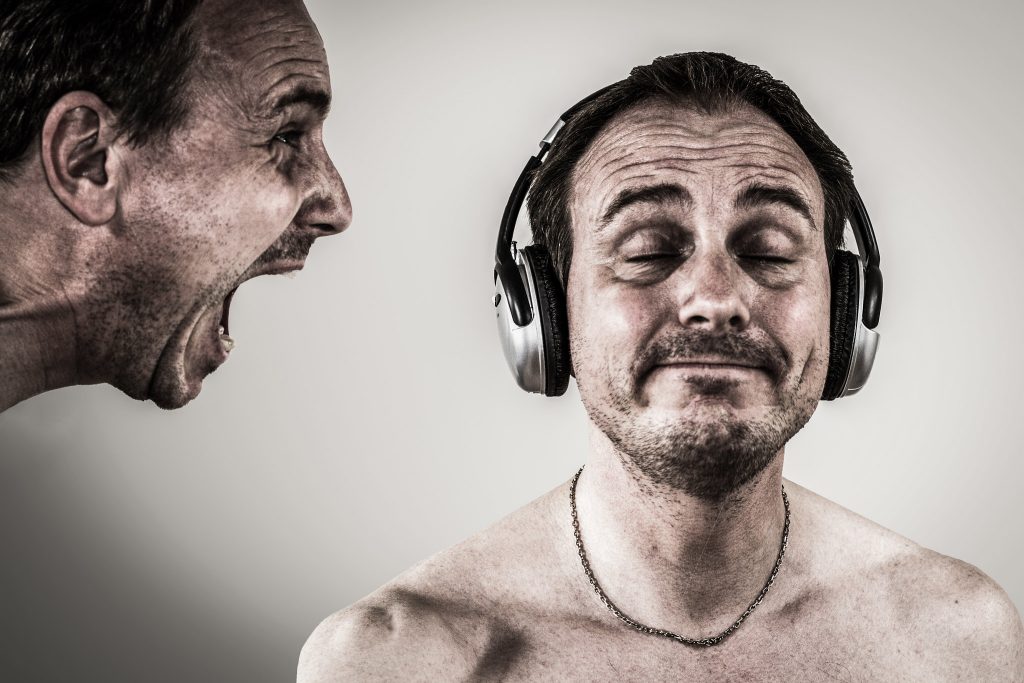
This silence can happen for a multitude of reasons. The aid worker might want to think the best of the abuser, so they don’t report because they might have misread a situation, or the charity’s funding might be put at risk if anything comes to light, which could affect their job but also the communities they are helping.
Oxfam lost huge amounts of funding after their sex scandal in Haiti and the resulting loss of revenue mean that 100 staff were let go.
There is also the issue of private contractors hired locally by the charities committing these offences, technically they are under the employ of the charity thus represent them, but charities often don’t see it that way.
On the whole, one solution to this issue that has been championed is that issues of abuse and the culture of silence will become less of an issue once there is a gender balance in the aid industry.
The Department for International developments 2018 report had a half a page on the need to address gender power structures within the aid industry as a way to address the current levels of sexual exploitation.
While addressing this gender/power imbalance is vital, it may not prove to be the silver bullet it is hoped to be. There has been a growing trend of women exploiting people in the developing world and rising numbers of women participating in sex tourism.
“Boys were sometimes victims of sexual exploitation by male and female aid workers, but more often exploited in other ways, for instance, forced to carry out personal chores in exchange for aid supplies.” Says Asmita Naik.
The issue seems to be a power dynamic between the abused and the abuser less of a gender issue. When compared to the abuses by the Catholic Church, there was a strong outcry when the story came to light. Within the aid industry stories of abuse by aid workers are widely and often reported upon in media, so why no outcry?
“The one thing that we had with the Catholic Church that we don’t have in the aid industry is vocal mothers,” says MacLeod “So in the 60s and 70s, parents didn’t believe their children when the children came home saying Father Brown raped but from the 1980s onwards parents had started to believe their children. Then parents started getting angry and parents started getting vocal if it was not for the mothers getting angry and vocal. This would still be happening in the Catholic Church.”
When it comes to the aid agencies, MacLeod sees similar issues in the way the crimes are being reported, but they are in some ways still years behind where the Catholic Church movement is.
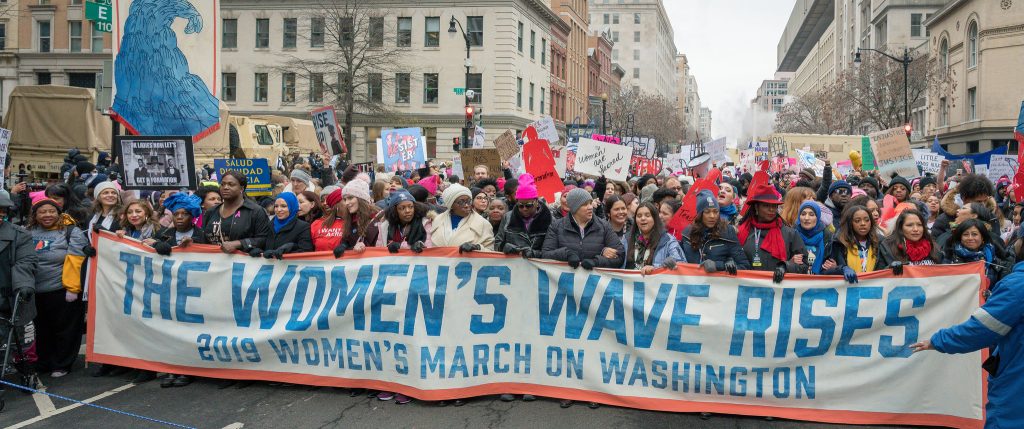
“Now, the aid industry doesn’t have vocal mothers because not only are the victims powerless but so are the mothers. Where are the collection of Congolese mothers complaining about the peacekeepers who rape their children?” says MacLeod. “Well, actually, they’re hiding from the peacekeepers because the peacekeepers raped the mothers too.”
Then there’s the issue of survival sex. To be clear to have sex with a child is rape unequivocally, survival sex is where children with the consent or knowledge of their parent participate in sex acts for aid.
“Neither the parent nor the child will perceive for yourselves as victims once they engage in survival sex. They’re going to say we’ve done the right thing,” says Macleod. “If you encourage the child to actually recognize that she is the victim, she’s not going to report, she’s going to be scared that her mother’s going to get in trouble and the mother is not going to report because she’s scared that her children going to get in trouble”
It may seem a bit brutal, but imagine having a family of six children and a natural disaster hits, destroying your home while making food and other resources very scarce. In that situation, if someone offers $200 a week to sleep with one of the children, that could be more than one year’s worth of earnings… With that money, There would be more than enough to feed the entire family and send the other five children to school.
In this case, the victims in this situation, both the parent and child, may feel like they had a choice in their fate when in actuality they are acting under duress because they have no other choice.
“The predator understands that dynamic and manipulates it deliberately,” says MacLeod. “They manipulate it. They hunt for it. They groom it.”
*Some names have been changed.
